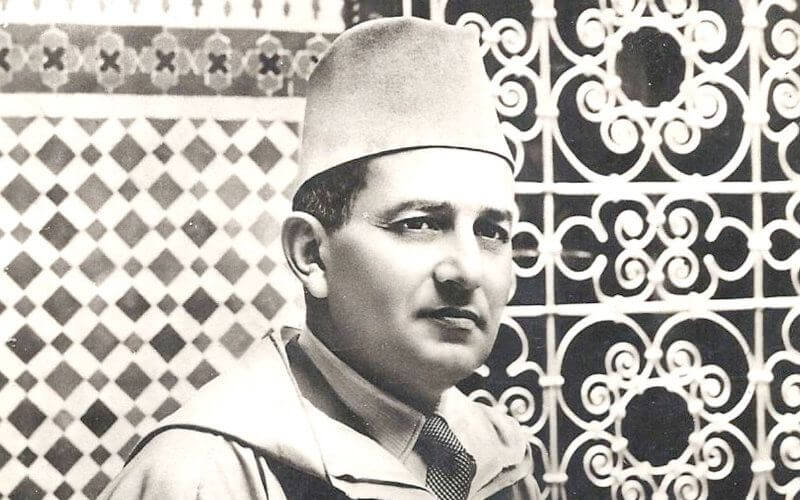
In an atmosphere steeped in piety and reflection, Moroccans mark Thursday, Ramadan 10, 1445 A.H., as the 65th anniversary of the passing of His Majesty Mohammed V; a moment to honor the Father of the Nation, the architect of the Kingdom’s independence, and a symbol of people’s struggle for freedom and liberation.
This is a time for acknowledging and respecting the memory of the late Sovereign, who made countless sacrifices, including enduring exile alongside the Royal Family at the hands of colonial authorities, all in the pursuit of full independence for his nation.
His Majesty Mohammed V departed on the 10th day of Ramadan in the year 1380 A.H. (corresponding to February 26, 1961), leaving Moroccans with the legacy of a patriotic, dedicated, and courageous King who devoted his life to the just cause of his country, facing numerous challenges without wavering in his faith and determination.
In his relentless quest for independence, the late Sovereign emphasized consultation and coordination with the national movement, recognizing that reclaiming sovereignty required collective action based on the faith and efforts of the Moroccan people.
A significant milestone in this collective patriotic effort was the presentation of the Manifesto of Independence on January 11, 1944, symbolizing the unity between the Throne, the national movement, and the people, and marking the initial stride towards liberation from colonial rule.
On April 10, 1947, Sultan Mohammed ben Youssef, accompanied by late His Majesty Hassan II and late Her Highness Princess Lalla Aicha, delivered a resounding speech in Tangier, explicitly demanding independence for Morocco for the first time, rattling colonial authorities and prompting desperate attempts to regain control.
Following the failure of colonial schemes and pressures to halt the national struggle, a sinister plot was hatched against Sultan Mohammed Ben Youssef and the Royal Family, leading to their exile in 1953, first to Corsica and then to Madagascar.
Yet, the occupiers’ scheme backfired, further uniting the people and the national movement behind the Sultan, sparking popular uprisings and armed actions against colonial forces, with independence becoming the rallying cry of an entire mobilized populace standing by their Sovereign.
This stirring tale of patriotism, bravery, and loyalty reached its climax with the triumphant return of the Father of the Nation and the Royal Family to their homeland on November 16, 1955. A year later, independence was declared, marking the commencement of a great mission — the endeavor to build a new and modern Morocco.
Following the Kingdom’s independence, His Majesty Hassan II, a stalwart companion in the struggle, continued the work of consolidating achievements through comprehensive economic and social development programs. His worthy successor, His Majesty King Mohammed VI, has since taken up the mantle, steadfastly continuing the legacy of his illustrious forebears.
Thus, HM King Mohammed VI has been dedicated, since ascending to the Throne of His Glorious Ancestors, to the consolidation of this grand national project, ushering Morocco into a new era characterized by modernity and sustainable development.

